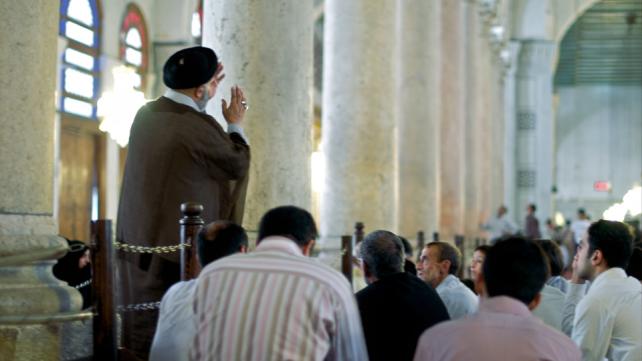It is likely that the current debate about Sharia will continue for a while. For that reason we suggest that your Masjid develop a one-year plan to address the issue in a multi-dimensional way. Here are a couple of suggestions.
About Us
Our Mission
Cultivate harmony among neighbors through art, media, strategic communication, and education.
Our Vision
The vision of Sound Vision is to establish peace, justice, fairness, and equity in the world.
Our Privacy Policy
Click Here To Read Our Full Policy
Follow us on social media
Our Programs
It airs on Galaxy 19 Satellite, Amazon FireTV, Roku, Apple TV and social media. The network emerged from the daily show Radio Islam, which aired on WCEV 1450 AM in Chicago for 20 years.

MuslimFest is an award winning one to three-day arts festival which has been taking place for the last 17 years in seven cities across North America attracting 500 to 60,000 people.

Adam's World is a series of videos featuring two Muslim puppets, Adam and his sister Aneesah. Adam's World has been a source of creative Islamic education for thousands of young Muslims growing up in North America and Europe.







